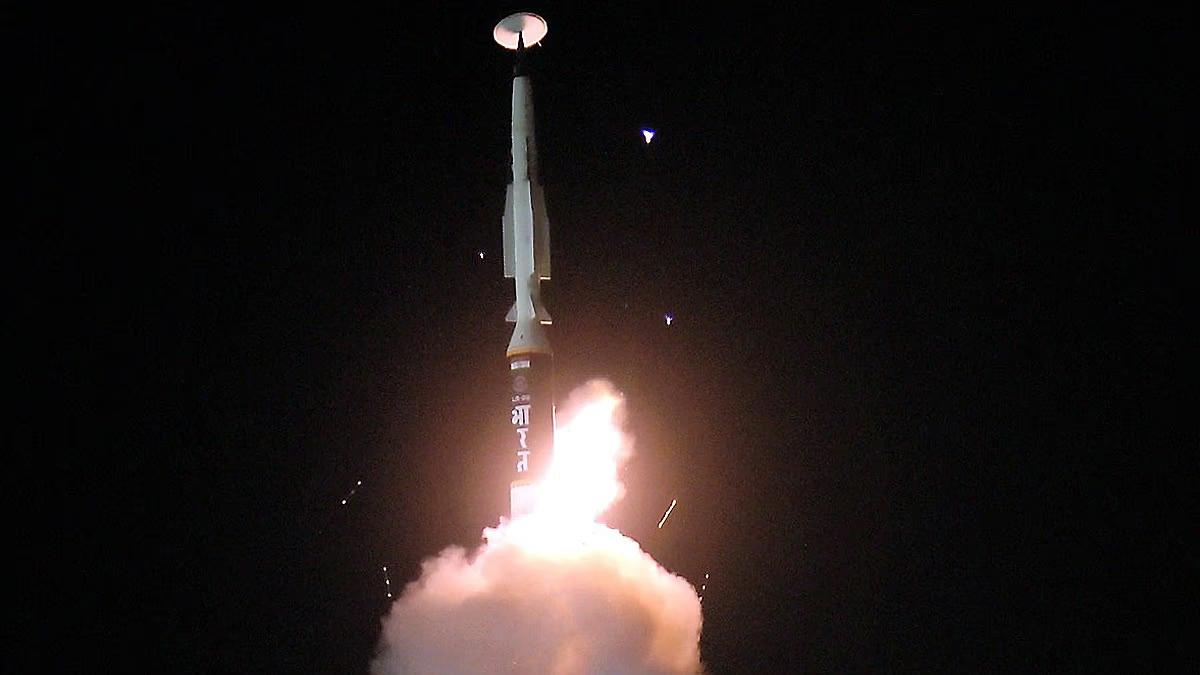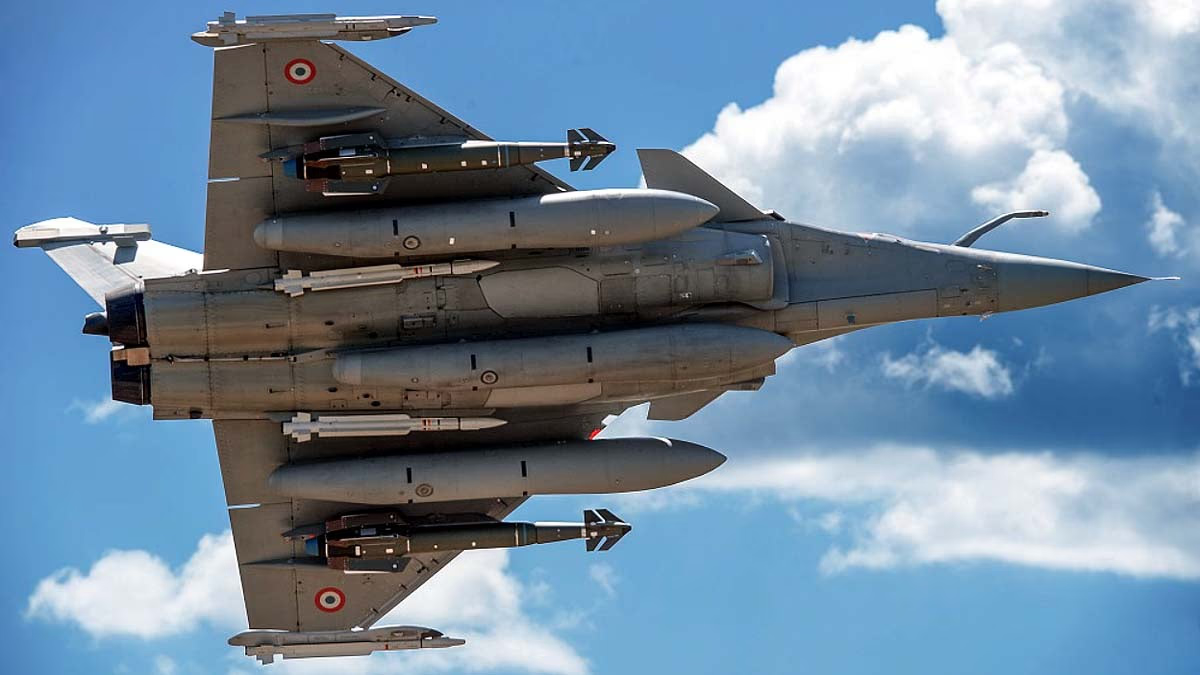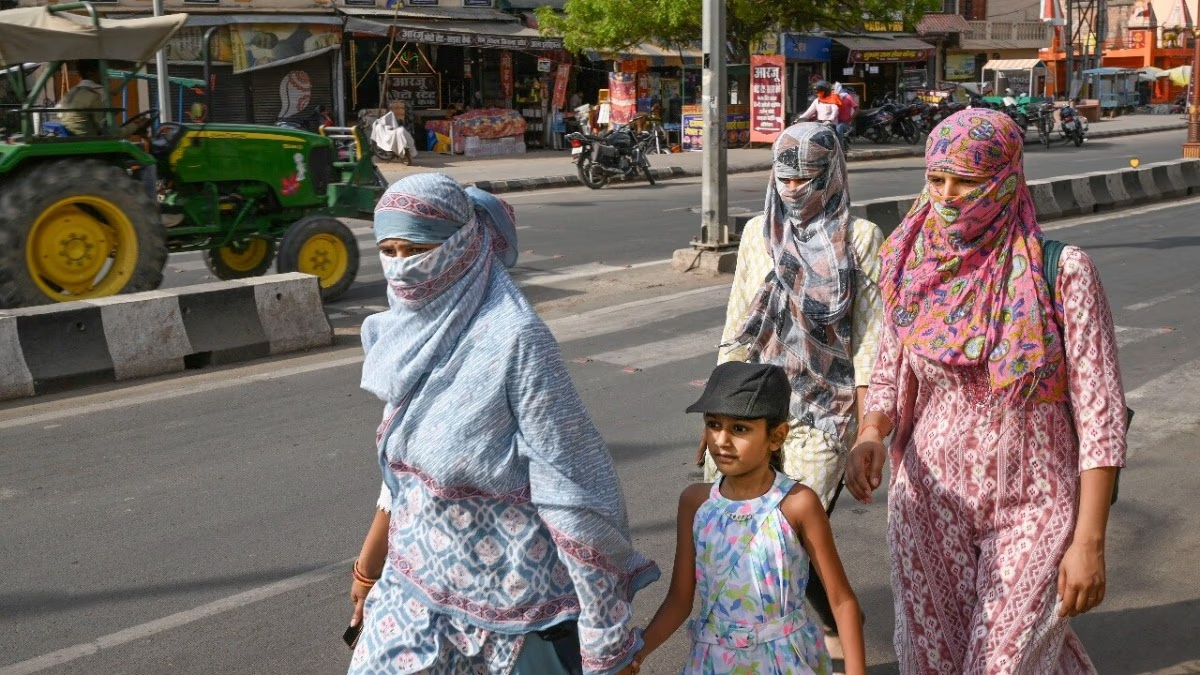Following the Pahalgam terrorist attack, Pakistan's aggressive stance against India heightened, especially after the suspension of the Indus Water Treaty. Despite their threats, Pakistan has faced three significant defeats at India's hands in the wars of 1965, 1971, and 1999.
Pakistan is Divided by India's Strategy
Among these, the 1971 war stands out when India's then Prime Minister, Indira Gandhi, strategically defeated Pakistan, resulting in the creation of Bangladesh. Pakistani General A.A.K. Niazi, along with 93,000 soldiers, capitulated to Indian forces, marking a historical and humiliating evening in Pakistan's military chronicles.
In 1947, India's partition gave birth to Pakistan, comprising of West and East Pakistan. Muhammad Ali Jinnah declared Urdu the national language, dismissing Bengali—a move that deepened internal discord. Bengali leader Sheikh Mujibur Rahman and Jinnah clashed politically, with demands for independence escalating.
Call for East Pakistan's Independence
An uprising, led by the Mukti Bahini, emerged in East Pakistan, resisting the West's oppressive regime. General Tikka Khan was sent to quell the rebellion amidst linguistic and cultural exploitation suffered for decades. Finally, on March 26, 1971, East Pakistan declared its desire to secede, supported by India's Indira Gandhi.
Read More:
The chaos escalated when Pakistani troops brutally attacked Dhaka University under Operation Searchlight. Refugees flooded into India, pressuring Indira Gandhi to support Bangladesh's war of liberation, resulting in a flood of refugees in West Bengal, Odisha, and Assam, stressing India's capacities.
Indira Gandhi Declares War
To tackle the refugee crisis, Gandhi met with General Sam Manekshaw. The atrocities in East Pakistan led Gandhi to war. General Tikka Khan was replaced under international pressure by General Niazi as military aggression persisted, with India ready to retaliate.
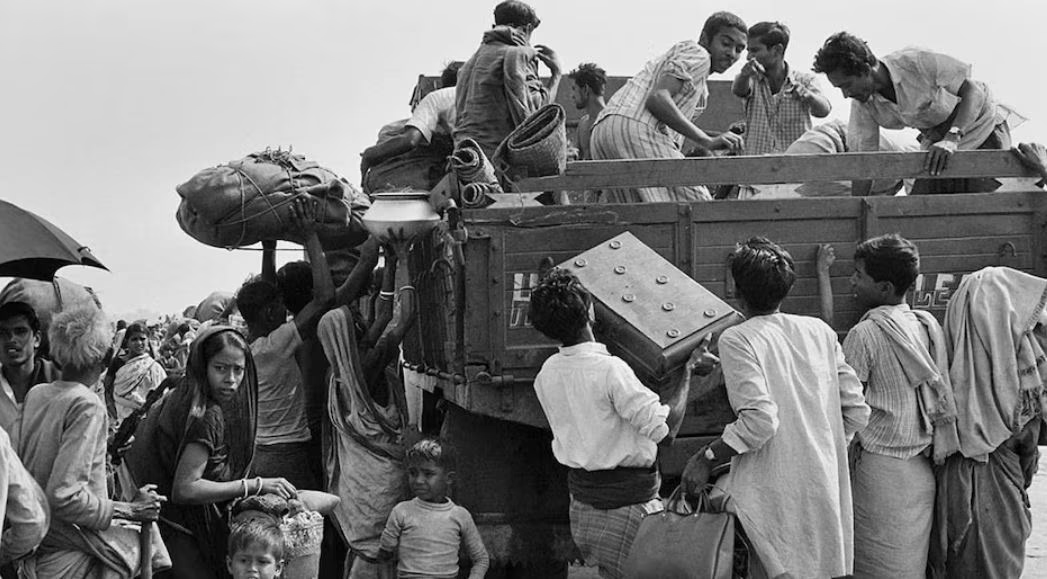
Source: aajtak
On December 3, 1971, fearing Indian retaliation, Pakistan attacked 11 Indian Air Force stations, thrusting India into the Bangladesh Liberation war. Gandhi's midnight radio address sealed India's involvement.
Indian Navy’s Operation Trident
December 4, 1971, saw the launch of Operation Trident against Karachi's naval base. Anti-submarine frigates INS Khukri and INS Kirpan led by Commander Babru Bhan Yadav, decimated enemy ships, devastating oil reserves visible 60 kilometers away.
Learn More:
The Mukti Bahini fighters joined Indian forces, with Pakistan fumbling at Longowal and Parbat Ali battles. Pakistan's armored divisions were neutralized by the Indian military, exemplified by Lt. Col Bhavani Singh's decisive strike.
Pakistan Called upon U.S. Aid
In East Pakistan, despite strategic strongholds, Pakistan faltered under India's advancement, turning to America for help. However, U.S. backing was offset by India's alliance with Russia, rendering Pakistani pleas ineffective.
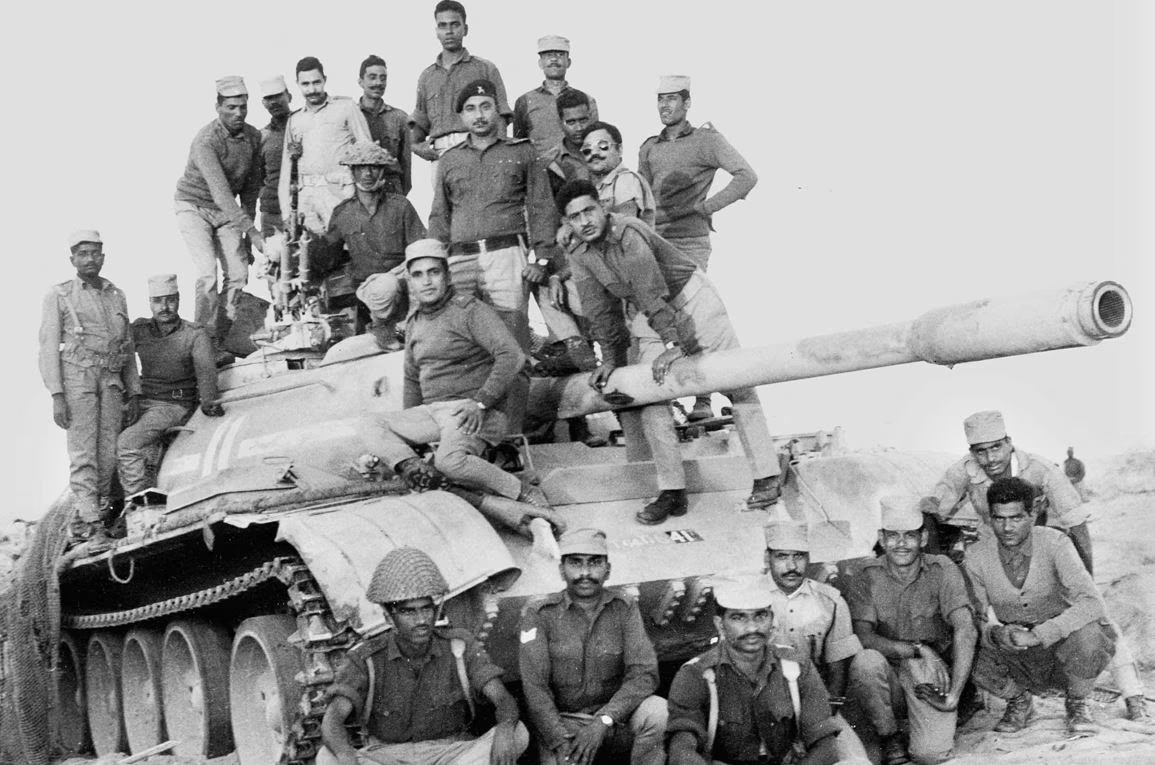
Source: aajtak
U.S.–China rumors attempted to offset the Pakistani soldier's morale; however, the UNSC’s ceasefire proposal was vetoed by Russia, confident of India's eventual triumph.
Air Assault on Dhaka
India's Air Force disrupted a key meeting of East Pakistan's Governor, illustrating India's tactical supremacy, with the bombing causing structural damage, compelling the fearful Governor's resignation.
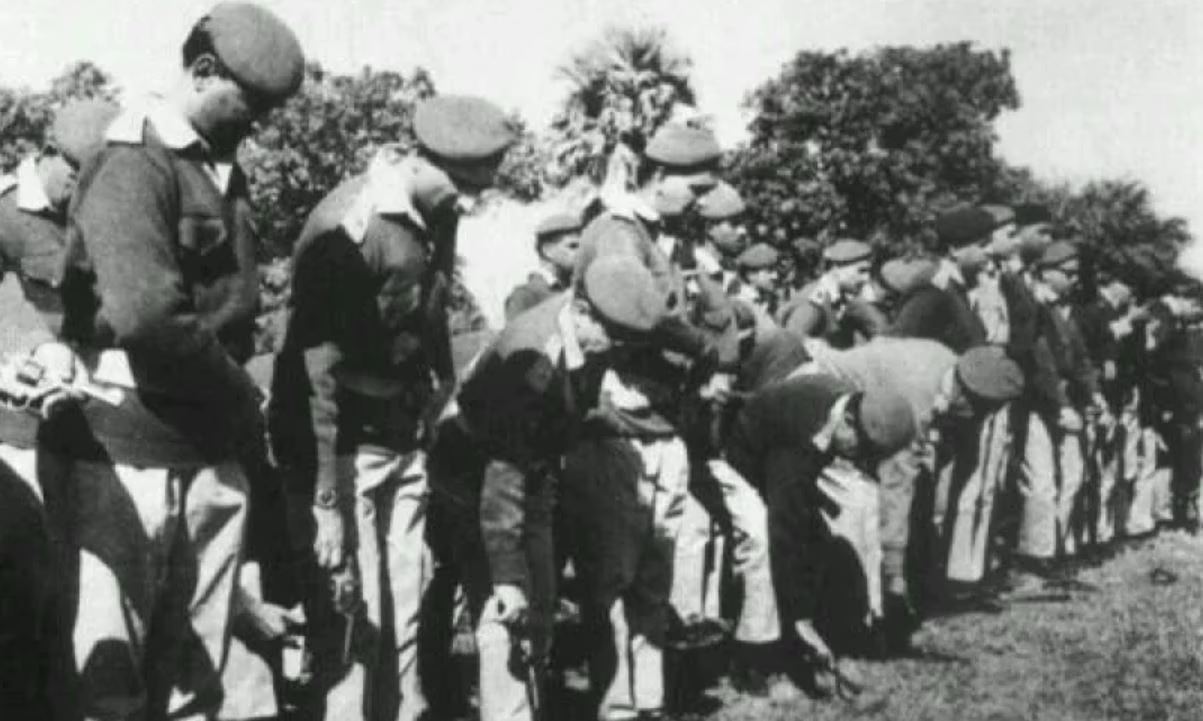
Source: aajtak
Discover More:
As Indian forces surged towards Dhaka, Niazi desperately pleaded for a truce. India laid terms for surrender required by December 16, 1971. Persistence resulted in Pakistan initiating surrender processes by December 15, acknowledging India's superiority.
Pakistan’s Capitulation for Survival
Despite superior numbers, demoralized Pakistani troops faced 3,000 Indian soldiers, aware of India’s goals nearing fulfillment. On December 16, General Manekshaw instructed presenting surrender documents to Niazi.
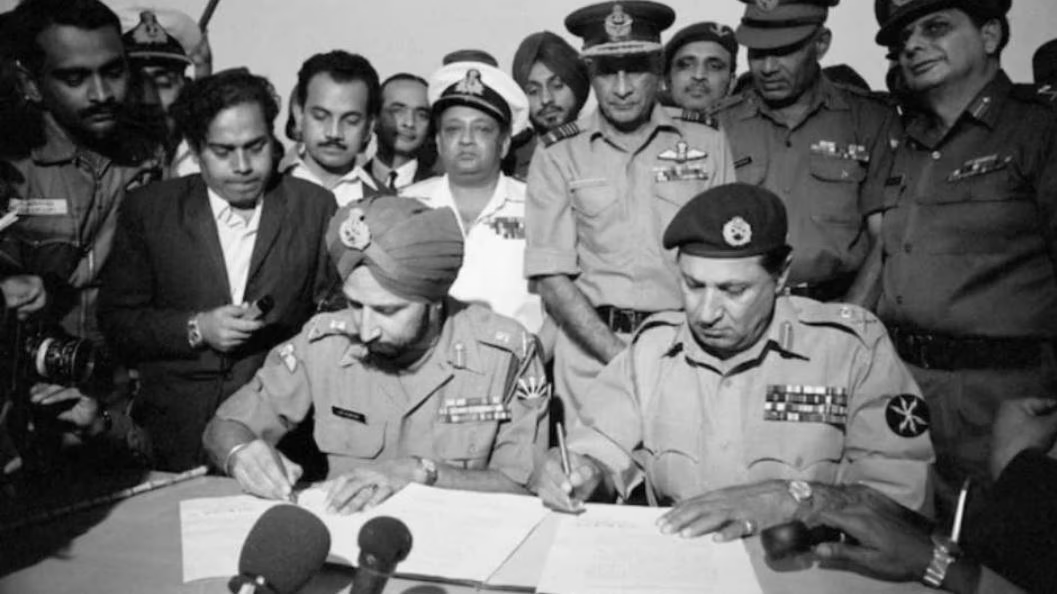
Source: aajtak
General Jagjit Singh Aurora's assurance to Niazi about the welfare of surrendered troops sealed the agreement. With no backing from his commanders, Niazi capitulated, sacrificing his pistol in a historical act of submission, leading to international notoriety for Pakistan.
Niazi's Pistol Handover
The surrender led to the organized repatriation of Indian refugees and proper treatment of 93,000 Pakistani prisoners of war, marked by no torturous actions from India. December 16, 1971, stands as a decisive day with the birth of Bangladesh, liberated from Pakistan's grasp.
This monumental victory is commemorated annually as 'Vijay Diwas,' honoring the sacrifice of approximately 3,900 Indian soldiers and highlighting Pakistan’s capitulation led by General Niazi’s December 16 surrender document signing.

